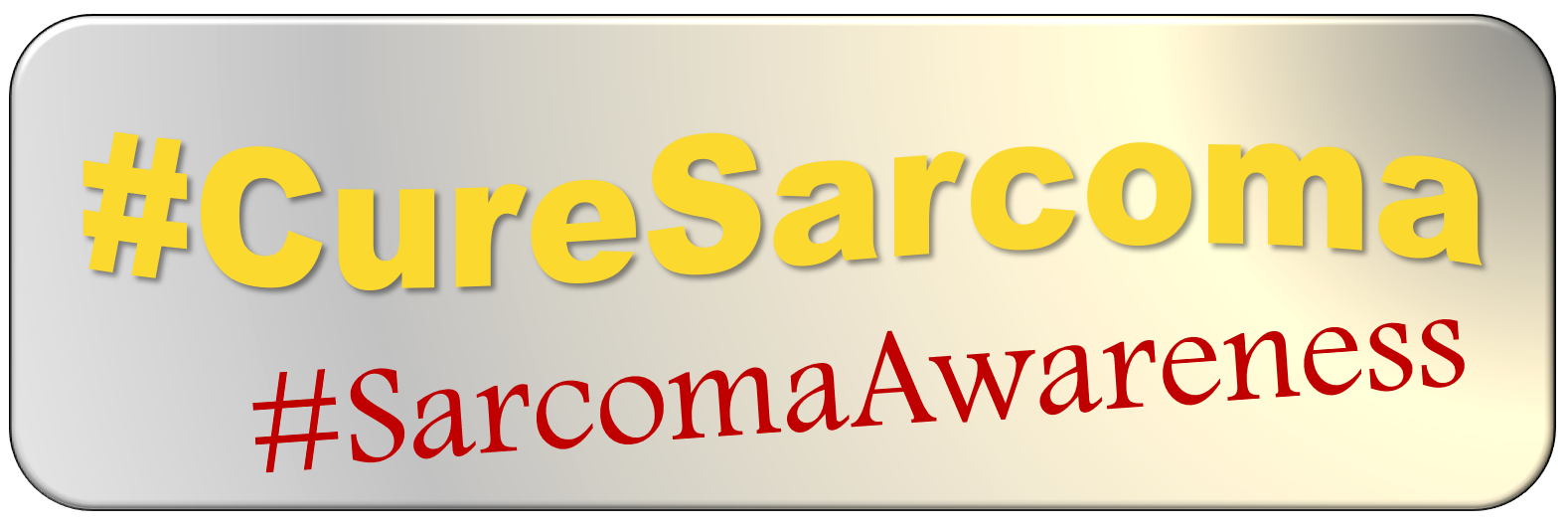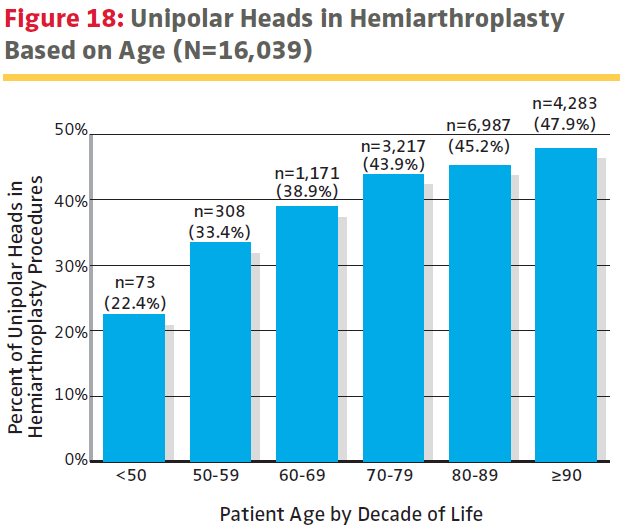AAOS Musculoskeletal Tumor Registry Pilot Shares Vision

In February 2019, the American Academy of Orthopaedic Surgeons (AAOS) and the Musculoskeletal Tumor Society (MSTS), announced the launch of a Musculoskeletal Tumor Registry (MsTR) feasibility pilot. The pilot, part of the AAOS Registry Program, captures data on orthopaedic oncology bone tumor procedures in a structured and scalable way. As part of Sarcoma Awareness Month (July), sponsored by the Sarcoma Foundation of America (SFA), this week’s blog provides an update on MsTR pilot progress.
Most bone tumors are benign (not cancerous or life-threatening) and, in most cases, will not spread to other parts of the body. Depending upon the type of tumor, treatment options are wide-ranging—from simple observation to surgery to remove the tumor. Some bone tumors are malignant (cancerous bone tumors that could metastasize) and can cause cancer cells to spread throughout the body. In almost all cases, treatment for malignant tumors involves a combination of chemotherapy, radiation, and surgery.
This week our blog shares the Registry’s vision and insights from surgeon-leaders whose organizations are pilot participants. The six major U.S. academic medical centers selected to participate in the program include: Cleveland Clinic Foundation, Dartmouth-Hitchcock Medical Center, John Hopkins Medicine, Ohio State University – The James Cancer Hospital, Stanford Health Care – Stanford Hospital, and University of Iowa Hospitals and Clinics.
Q & A with MsTR Pilot Surgeon Leaders
Contributors to this week’s blog:
- Benjamin J. Miller, MD, MS - Lead, Associate professor, Department of Orthopaedics and Rehabilitation, University of Iowa
- Eric R. Henderson, MD - Assistant professor, Department of Orthopaedic Surgery, Dartmouth-Hitchcock Medical Center
- Joel L. Mayerson, MD - Department of Orthopaedic Surgery, The Ohio State Comprehensive Cancer Center - The James Cancer Hospital
- Nathan W. Mesko, MD - Department of Orthopaedic Surgery, Cleveland Clinic
1) Why do you think the MsTR effort is important?
Dr. Miller: Orthopaedic oncology historically has been hindered by heterogeneous disease processes and treatments. This effort, in addition to improving quality and patient safety, has potential to provide oncologic and patient-reported outcomes on many cancers and surgical procedures at a scale not previously attempted.
Dr. Henderson: The MsTR will enable surgeon-scientists to finally answer critical questions relevant to optimizing outcomes of patients with sarcoma and other rare connective tissue tumors, which has been difficult previously due to the rarity of these neoplasms.
Dr. Mayerson: The Registry will allow surgeons to combine data about rare bone and soft tissue tumors from institutions around the country, thereby potentially answering treatment and outcome questions that are otherwise unable to be answered due to the rarity of the disease process.
Dr. Mesko: This is the first initiative of collaboration on a national scale to obtain high yield data in a reliable manner, answering questions with appropriate statistical power that can drive future care initiatives. It highlights the power of cooperation and partnership, across institutional lines.
2) How will the MsTR benefit sarcoma patients?
Dr. Miller: If the community of North American orthopaedic oncologists, through the Musculoskeletal Tumor Society, are able to collaborate through this Registry, we should be able to determine which interventions are most successful. This would help standardize treatments. In addition, patient counseling will become more accurate for oncologic results, reconstruction durability, functional outcomes, and long-term quality-of-life.
Dr. Henderson: Patients with sarcoma will benefit through the availability of powerful new data collection tools that will enable us to understand what outcomes matter most to them and enable us to focus on improving these endpoints.
Dr. Mayerson: By combining patient treatment outcomes in patients with sarcomas from many institutions, the potential to answer questions about treatment results in statistically significant way can proceed. Without this shared data, previously we have been unable to answer questions, but now may determine specific outcomes with respect to things such as treatment response, implant survival, and sometimes which type of surgery is best (as well as many more).
Dr. Mesko: This will drive sarcoma care based on a higher level of science that we have not seen in orthopaedic oncology until this time. Larger numbers, purer data, and targeted questions will lead to more powerful answers.
3) Describe a clinical problem where Registry data would have been helpful.
Dr. Miller: There has been decades of debate about whether and how to reconstruct an acetabular sarcoma without a definitive answer. Registry data would allow the clinician and patient to understand the expected functional results, detailed reports of complications, and oncologic outcomes of the various options to optimize shared decision-making.
Dr. Henderson: The question of whether patients with lower extremity sarcomas have better outcomes with limb salvage or amputation has raged for decades, we will finally be able to answer this question with respect to highly detailed specificity regarding patient needs, expectations, and demographics.
Dr. Mayerson: When a new procedure or type of implant is used, we will be able to assess its usefulness with much greater accuracy and much earlier than without this combined data.
Dr. Mesko: Understanding radiation dosing and timing that is necessary for equivocal results when treating localized high-grade soft tissue sarcoma.
4) What capabilities do you hope to see in the MsTR in the future?
Dr. Miller: A second module to address metastatic disease of bone and the ability to host clinical trials.
Dr. Henderson: The ability to enact multi-center, randomized clinical trials and other interventional research mechanisms.
Dr. Mayerson: 1) Add metastatic bone disease. 2) Broaden the capture of chemotherapy and radiation therapy documentation. 3) Store genomic data when available. 4) More detailed information about orthopaedic implants.
Dr. Mesko: 1) Inclusion of an international consortium of institutions. 2) The ability to communicate instantaneously about clinical trial candidates and openings. 3) Functional Outcome Live assessments, so patients can see and compare themselves to their own peers at similar timelines in the recovery process. 4) Tissue banking capabilities.
MsTR Progress and Future Achievement
Over the last five months, the MsTR pilot has explored the potential for a national Registry that serves the needs of tumor patients. Together, the six pilots, AAOS, and MSTS have met regularly to explore data capture and define the future approach to treatment assessment. Dr. Miller reflected on the Registry and its vision. He said, “The MsTR pilot has initially focused on tracking function, complications, and outcomes in patients treated for bone or soft tissue sarcoma, with the potential to grow to include other musculoskeletal tumors and metastic disease of the bone in the future.”
In addition to the AAOS Registry Program, MSTS has been instrumental in helping the MsTR pilot build awareness and move toward its vision. R. Lor Randall, MD, FACS, a professor and The David Linn Endowed Chair in Orthopaedic Surgery at the University of California, Davis, and president of MSTS said, "We are delighted to see this herculean effort come to fruition. These patients are afflicted with rare and often aggressive tumors. Via this registry, we will learn a great deal about their condition. Accordingly, we can then improve treatments and better address their needs."
Dr. Miller added, “This effort should allow for a comprehensive and accurate assessment of the current state of treatment and the efficacy of various treatment strategies. We are hopeful that this resource may be used to advocate for the best treatments and management strategies on behalf of our sarcoma patients. The future Registry will provide relevant data to help inform surgical decisions that must be made early in orthopaedic treatment, but with consequences that reverberate for decades.”
SFA, as another like-minded organization, complements MsTR support for sarcoma patients. This is especially evident during SFA’s Sarcoma Awareness Month in July. As a non-profit organization they advocate for sarcoma patients by funding research and increasing awareness of the disease.
How You Can Help Build Sarcoma Awareness
If you are interested in learning how to build sarcoma awareness, the SFA has some great resources to explore here. If you are interested in supporting the MsTR pilot, click to find out more about participation and/or donations.
For information about the AAOS RegistryInsights platform, speak with a Registry Engagement Associate at (847) 292-0530 or Request A Demo today!
Be sure to leave a comment in the form below!



